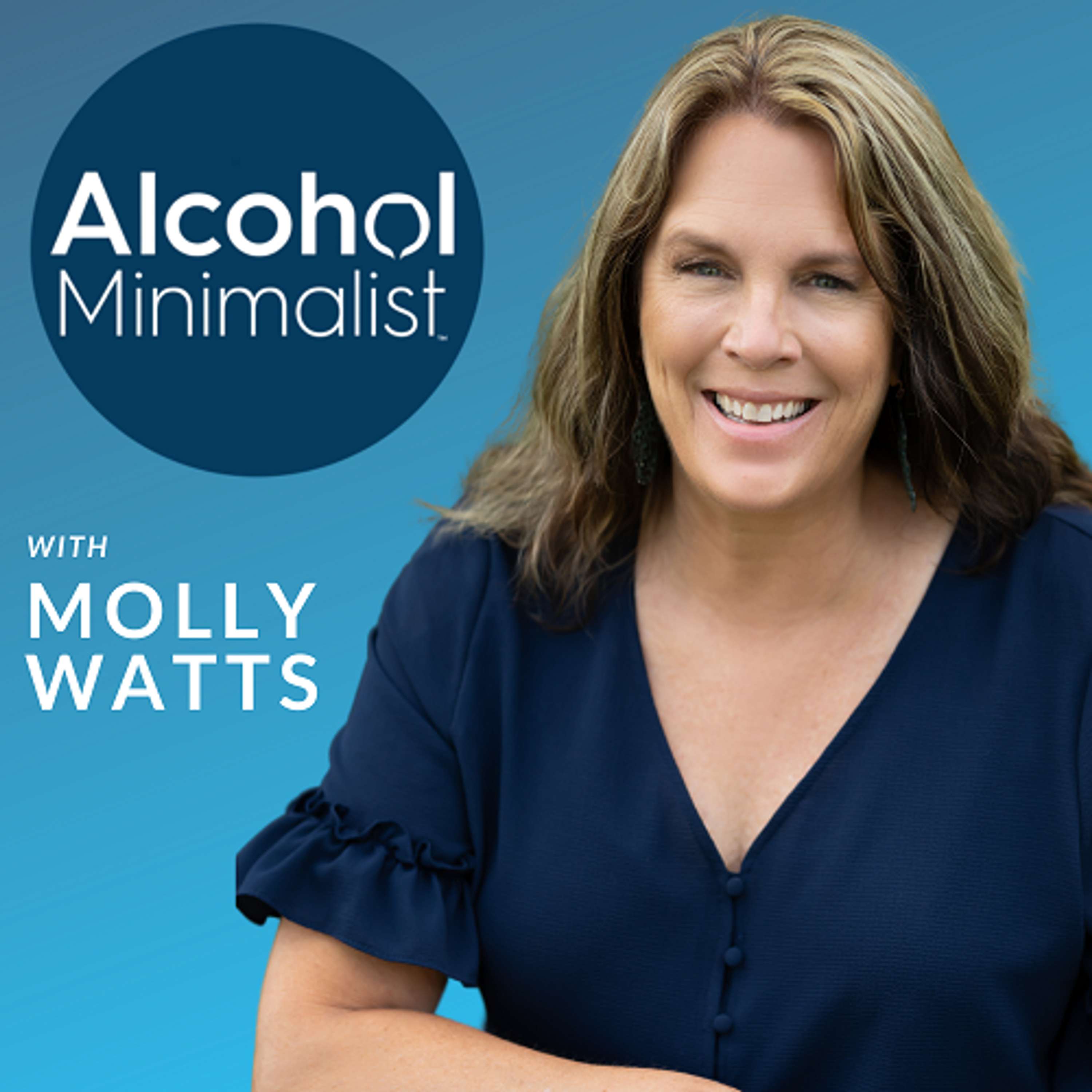
Is it Alcohol Use Disorder? Why Your Answer Matters

Alcohol Minimalist: Change Your Drinking Habits!
Shownotes Transcript
This week on the podcast I'm talking about Alcohol Use Disorder and if and when it's important to determine if you have it. As a reminder, this podcast is intended for informational and educational purposes only and should not be substituted for medical/professional advice. This podcast is not intended to treat or diagnose Alcohol Use Disorder. If you are concerned about your drinking, ask yourself these question that a professional migh ask you to determine if you have mild/moderate or severe alcohol use disorder: In the past year, have you:
» Had times when you ended up drinking more, or longer, than you intended?
» More than once wanted to cut down or stop drinking, or tried to, but couldn’t?
» Spent a lot of time drinking, being sick from drinking, or getting over other aftereffects?
» Wanted a drink so badly you couldn’t think of anything else?
» Found that drinking—or being sick from drinking—often interfered with taking care of your home or family? Or caused job troubles? Or school problems?
» Continued to drink even though it was causing trouble with your family or friends?
» Given up or cut back on activities you found important, interesting, or pleasurable so you could drink?
» More than once gotten into situations while or after drinking that increased your chances of getting hurt (such as driving, swimming, using machinery, walking in a dangerous area, or unsafe sexual behavior)?
» Continued to drink even though it was making you feel depressed or anxious or adding to another health problem?
Or after having had an alcohol-related memory blackout?
» Needed to drink much more than you once did to get the effect you want? Or found that your usual number of drinks had much less effect than before?
» Found that when the effects of alcohol were wearing off, you had withdrawal symptoms, such as trouble sleeping, shakiness, restlessness, nausea, sweating, a racing heart, dysphoria (feeling uneasy or unhappy), malaise (general sense of being unwell), feeling low, or a seizure? Or sensed things that were not there? Any of these symptoms may be cause for concern.
Don’t allow these self-diagnosing tools of the NIAAA to keep you from becoming your best self just because you see them as helping you avoid your worst self.
Ask yourself if a life without worry/anxiety/frustration/fear/disappointment/regret/anger about your drinking would be better than where you are right now. If the answer is Yes…then it doesn’t matter if you’ve got AUD or not.
Check out Just START: Smart Thinking and Real Tools to Change Your Drinking Habits www.mollywatts.com/start)
Buy Breaking the Bottle Legacy: How to Change Your Drinking Habits and Create A Peaceful Relationship with** Alcohol on Amazon **)or most online retailers.
Join my private FB group Alcohol Minimalists here: https://www.facebook.com/groups/changeyouralcoholhabit)****
Has this podcast helped you? Please leave a review wherever you listen to podcasts!
**Follow me on Instagram: @AlcoholMinimalist **
Have you grabbed your free e-book, "Alcohol Truths: How Much is Safe?" Get it here.)****
Low risk drinking guidelines from the NIAAA:
Healthy men under 65:
No more than 4 drinks in one day and no more than 14 drinks per week.
**Healthy women (all ages) and healthy men 65 and older:**No more than 3 drinks in one day and no more than 7 drinks per week.
One drink is defined as 12 ounces of beer, 5 ounces of wine, or 1.5 ounces of 80-proof liquor. So remember that a mixed drink or full glass of wine are probably more than one drink.
Abstinence from alcoholAbstinence from alcohol is the best choice for people who take medication(s) that interact with alcohol, have health conditions that could be exacerbated by alcohol (e.g. liver disease), are pregnant or may become pregnant or have had a problem with alcohol or another substance in the past.
Benefits of “low-risk” drinkingFollowing these guidelines reduces the risk of health problems such as cancer, liver disease, reduced immunity, ulcers, sleep problems, complications of existing conditions, and more. It also reduces the risk of depression, social problems, and difficulties at school or work.
If you' are unsure about whether or not you have alcohol use disorder, please visit the NIAAA) for more information.
** ★ Support this podcast ★) **